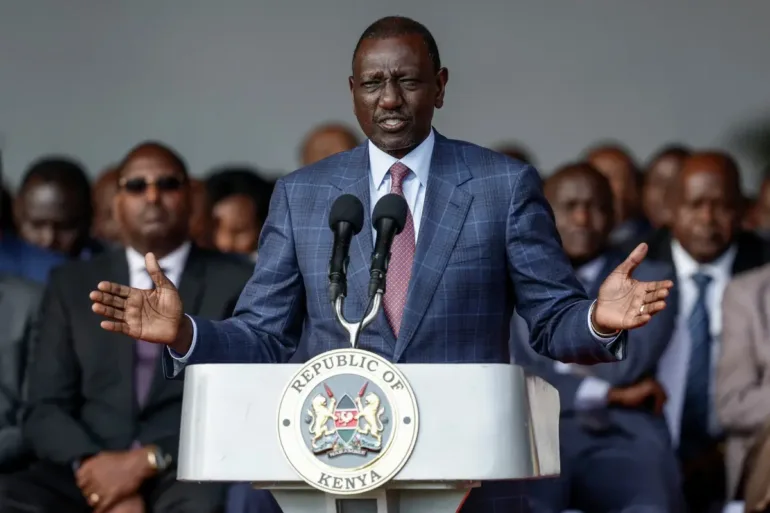Kenya’s government is set to present its annual budget to parliament on Thursday, taking a more cautious approach after last year’s controversial finance bill sparked nationwide protests and deadly unrest.
The East African nation, considered a regional economic powerhouse, has been grappling with rising living costs, high unemployment, and growing discontent over economic inequality. In June 2023, widespread anger over new taxes on everyday goods escalated into violent demonstrations, with protesters storming parliament on June 25. President William Ruto was ultimately forced to withdraw the bill.
At least 60 people were killed during the unrest, while rights groups reported that dozens more were illegally detained in the aftermath of the protests.
Learning from that experience, this year’s finance bill appears to steer clear of direct consumer tax hikes. Instead, the government has shifted focus to corporate taxation, tightening loopholes, and reducing public spending in an effort to raise revenue more sustainably.
Despite a more measured approach, critics warn that the budget still contains indirect cost increases and could disproportionately affect small and medium-sized businesses.
“This year’s finance bill is, in comparison to last year’s, very much seeking to avoid controversy,” said Patricia Rodrigues, senior analyst at global consultancy Control Risks. “But it will still be difficult for many businesses to absorb — it includes potential increases in income taxes, social contributions, and the removal of tax holidays for corporates and SMEs.”
Kenya’s economic outlook remains challenging. The World Bank recently revised the country’s 2025 growth forecast downward, from 5.0% to 4.5%, citing persistent debt pressures. With public debt levels soaring, interest payments now outpace spending on essential services like health and education.
Adding to fiscal pressure, Kenya is currently negotiating a new agreement with the International Monetary Fund (IMF), meaning no fresh IMF funding has been factored into this year’s budget.
Rights concerns grow amid economic tensions
Beyond economic issues, the government’s human rights record has come under growing scrutiny.
Last month, a young software developer was arrested and charged with cybercrime after creating a website opposing the finance bill. She claimed the legislation would raise living costs and threaten privacy rights by expanding tax inspectors’ access to citizens’ data.
Earlier this week, the country was shaken by reports of a man dying in police custody after criticizing a senior officer. While these incidents have not yet sparked mass demonstrations, they have fueled mounting public frustration.
“Just because taxes aren’t dominating the public conversation doesn’t mean protests won’t return,” Rodrigues warned. “In recent months, it’s the administration’s record on human rights and corruption that’s increasingly motivating civic mobilization.”
With economic pressures mounting and public trust in government institutions fraying, Thursday’s budget presentation is seen as a key test of the Ruto administration’s ability to balance fiscal discipline with political stability.
AFP


